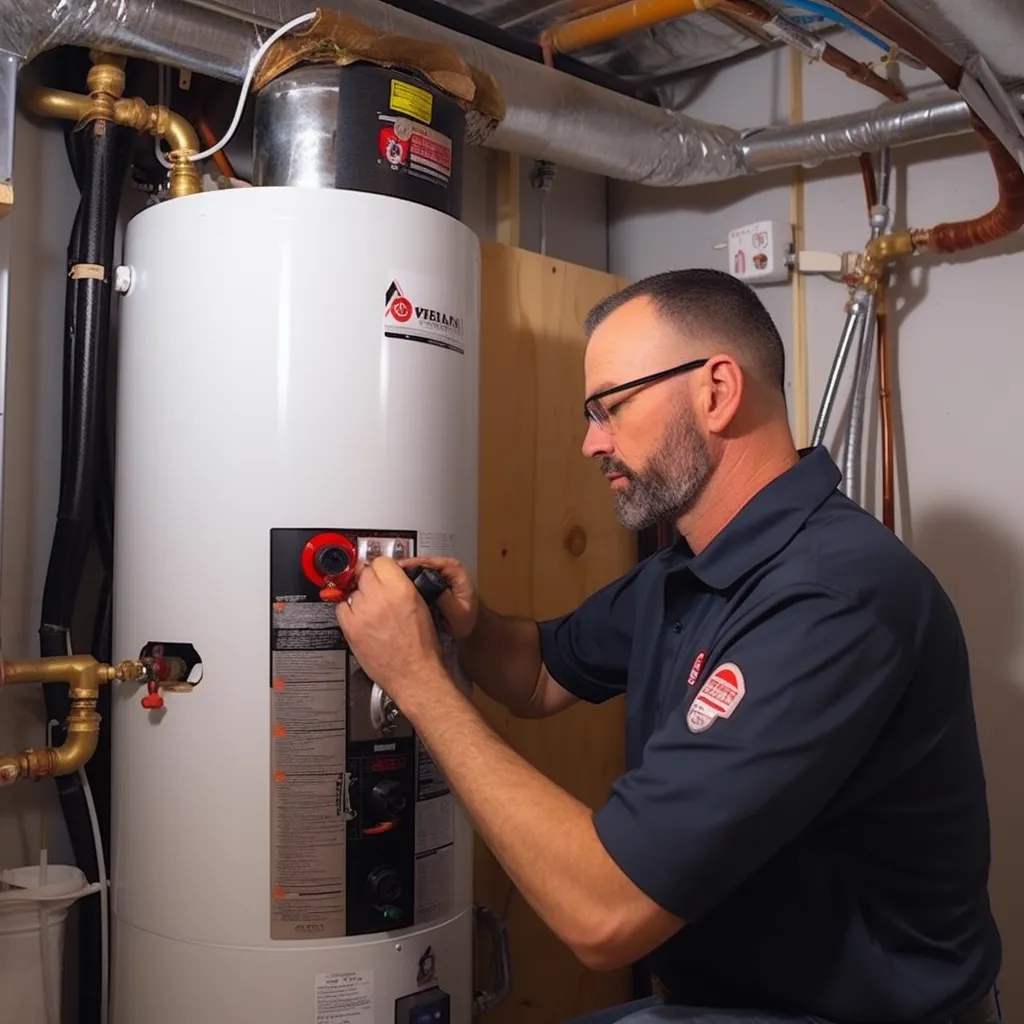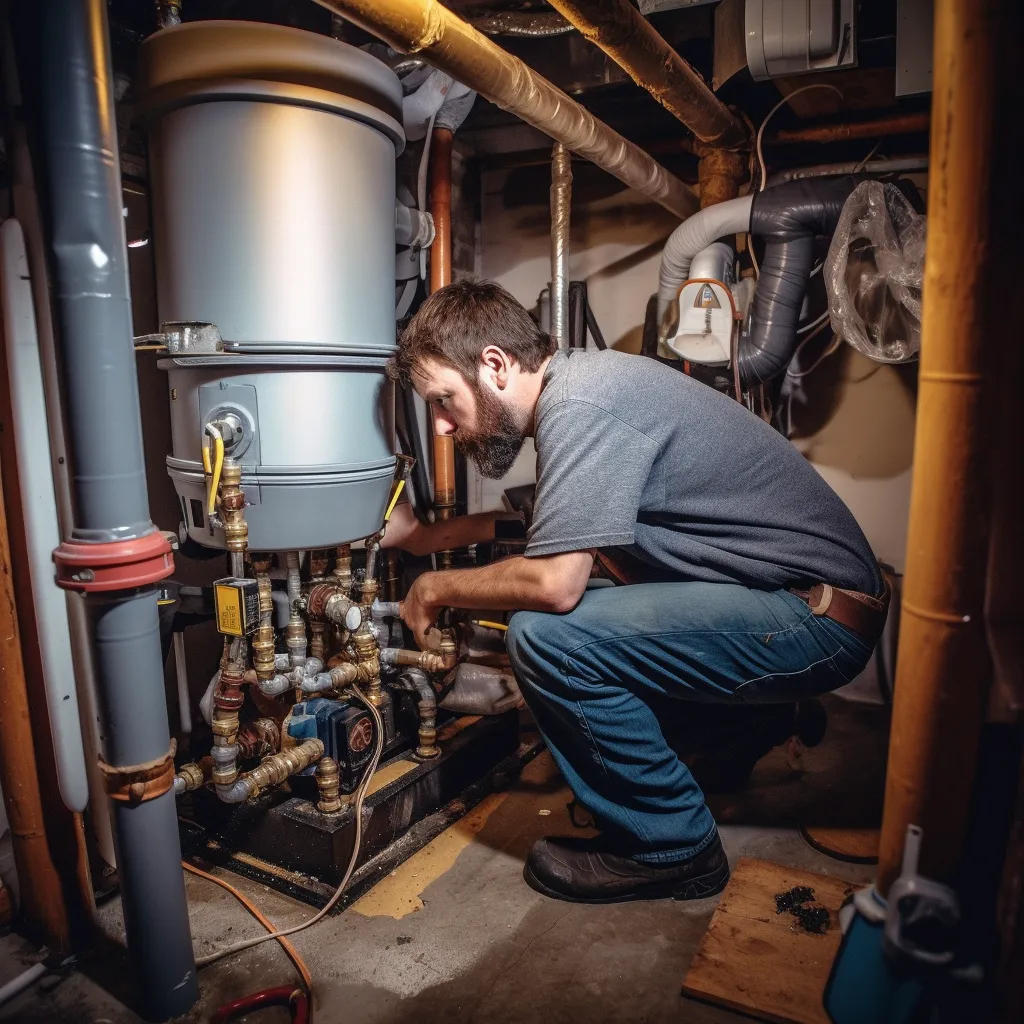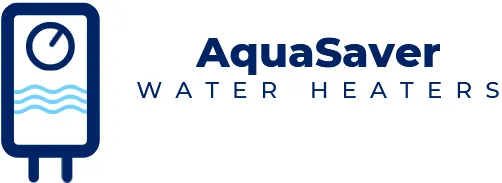Professional Leak Detection And Repair Services In Berkeley, CA
At AquaSaver Water Heaters, we understand that water leaks can cause significant damage to your home and disrupt your daily life. Our experienced team of licensed plumbers specializes in comprehensive leak detection and repair services, using advanced technology and proven techniques to protect Berkeley homes.

Our Specialized Leak Detection And Repair Services
Non-Invasive Electronic Leak Detection
Our certified technicians use state-of-the-art electronic leak detection equipment to precisely locate leaks without causing damage to your walls, floors, or foundation. This technology allows us to identify hidden leaks in: Water supply lines. Sewer and drain pipes. Under-slab plumbing. Behind walls and under floors. Pool and spa systems. Irrigation systems.
Advanced Thermal Imaging
We employ infrared cameras to detect temperature variations that indicate the presence of leaks, allowing us to: Identify moisture buildup within walls. Detect underground pipe leaks. Spot potential mold growth areas. Map the extent of water damage. Prevent future structural issues.
Video Pipeline Inspection
Our high-resolution video inspection system provides detailed insights into your plumbing system's condition: Real-time visual inspection of pipe interiors. Documentation of pipe damage and blockages. Precise leak location identification. Prevention of unnecessary excavation. Digital recording for insurance purposes.

Our Enhanced Services And Features
24/7 Emergency Response
Water damage doesn't wait for business hours. Our emergency team is available around the clock to respond to urgent leak situations, typically arriving within 60 minutes of your call.
Comprehensive Repair Solutions
We offer complete repair services for all types of leaks: Pipe replacement and repair. Joint and fitting repairs. Slab leak repairs. Water heater leak repairs. Fixture leak repairs. Waterline repairs.
Preventive Maintenance Programs
Our proactive maintenance services help prevent future leaks: Annual plumbing system inspections. Water pressure monitoring. Pipe corrosion assessment. Water quality testing. Early warning system installation.

Common Leak Emergencies In Berkeley
Homeowners in Berkeley and surrounding communities frequently encounter these leak emergencies:
Burst Pipes During Winter Freezes
While Berkeley's climate is generally mild, occasional freezing temperatures can cause pipes to burst, particularly in homes near the hills where temperatures drop more significantly. Uninsulated pipes in crawl spaces and exterior walls are especially vulnerable during cold snaps.
Slab Leaks in Hillside Homes
Berkeley's unique topography, with many homes built on hills, creates particular challenges for plumbing systems. The soil movement and settling common in hillside properties can cause pipes beneath the foundation to crack or separate. These slab leaks often require specialized detection and repair techniques.
Corroded Copper Pipes in Older Neighborhoods
Many Berkeley-area homes built between 1950-1970 used copper piping that's now reaching the end of its lifespan. We frequently address pinhole leaks and pipe deterioration in neighborhoods like Thousand Oaks, Northbrae, and the Berkeley Hills.
Water Heater Failures in Vintage Homes
Berkeley's historic homes often have aging water heaters installed in basements or tight spaces. These units can develop leaks due to sediment buildup, corrosion, or simply age, potentially causing significant water damage to surrounding areas.
Root Intrusion in Sewer Lines
The city's mature trees, while beautiful, can cause serious plumbing issues. Root systems naturally seek water sources, often infiltrating and damaging sewer lines. This is particularly common in older neighborhoods with clay pipes.
Earthquake-Related Pipe Damage
Being near the Hayward Fault means Berkeley homes are susceptible to earthquake-related plumbing damage. Even minor seismic activity can cause pipe joints to loosen or break, leading to hidden leaks that worsen over time.
Foundation Drainage Issues Houses in the Berkeley flats often experience drainage problems during heavy rains, leading to foundation leaks and basement flooding. These issues require comprehensive detection and waterproofing solutions.

The Importance Of Immediate Action On Leaks
Water leaks can cause extensive damage in minutes:
1. Structural damage to foundations and walls.
2. Toxic mold growth within 24-48 hours.
3. Damaged electrical systems.
4. Ruined flooring and furniture.
5. Increased water bills.
6. Reduced property value.
When To Call A Licensed Professional Plumber
Look, sometimes DIY just won't cut it. Here's how to know when it's time to bring in someone like us to handle your leak situation:

You Can't Find the Source:
Water bill keeps climbing: Your bill jumps 20% or more without lifestyle changes.
Damp spots appearing randomly: Wet areas show up on walls, floors, or ceilings with no clear pattern
Mold or mildew smell: Musty odors persist even after cleaning and ventilating.
Water stains with no obvious cause: Brown or yellow spots appear but no visible water source above.
Multiple fixtures acting up at once: Several sinks, toilets, or appliances showing signs of low pressure.
Signs of Serious Trouble:
Water pressure dropping suddenly: Normal pressure falls by 30% or more within days.
Bubbling or discolored water: Tap water appears brown, rusty, or has air bubbles.
Sounds of water running in walls: Constant whooshing or trickling noises inside walls.
Warm spots on concrete floors: Areas of slab that feel noticeably warmer than surrounding concrete.
Foundation cracks appearing: New cracks wider than 1/8 inch showing up in foundation walls.
Water bill jumps over $100 from normal: Monthly charges spike well beyond seasonal changes.
Multiple small leaks adding up: Several minor drips that together waste hundreds of gallons.
Insurance requires professional documentation: Need certified reports for water damage claims.
Need to file water damage claims: Water-related insurance claims require licensed inspection.
Want to prevent costly repairs later: Early detection can save thousands in future damage


Why Choose AquaSaver Water Heaters?
Deep Local Experience
With over 20 years serving Berkeley and the East Bay, our team understands the unique plumbing challenges faced by local homeowners.
Certified Excellence
Our technicians aren't just licensed, bonded, and insured – they're among the most qualified in the industry.
Cutting-Edge Technology
We invest in the most advanced leak detection and repair equipment.
Transparent, Fair Pricing
We believe in complete transparency with our customers.
Industry-Leading Warranties
Our confidence in our work is backed by comprehensive warranties.
Eco-Friendly Solutions
As a Berkeley business, we're committed to environmental sustainability.
Community Focus
We're more than just a service provider – we're your neighbors.
Customer-First Approach
Our service philosophy centers on exceeding customer expectations.
Keep Your Berkeley Home Leak-Free!
Water leaks don't take days off, and neither do we. In Berkeley's unique environment, with our older homes and seismic risks, staying ahead of leaks saves both money and stress.
Remember:
1. Small leaks get expensive fast.
2. Modern detection tools find problems early.
3. Regular checks prevent major damage.
4. Smart home water monitors work 24/7.
5. Quick action saves money.
Take Action Today:
1. Schedule a leak detection inspection.
2. Get your water heater checked.
3. Sign up for our maintenance program.
4. Install smart water monitoring.
At AquaSaver Water Heaters, we're your Berkeley neighbors. We know these homes, understand local plumbing challenges, and bring 20+ years of experience to every job.
Ready to stop leaks before they start? Call us at (510) 345-2489 or book online for:
1. Free initial consultation.
2. Same-day emergency service.
3. Detailed inspection report.
4. Clear, upfront pricing.
Protect your home and your wallet - schedule your leak inspection today.
Our Service Area
We proudly serve Berkeley and surrounding communities:
Berkeley
Albany
Emeryville
Oakland
Piedmont
Kensington
El Cerrito
Richmond
Frequently Asked Questions
Q. How quickly can you respond to a leak emergency?
A. We typically arrive within 60 minutes for emergency calls within Berkeley and immediate surrounding areas.
Q. Do you provide free estimates?
A. Yes, we offer free initial consultations and written estimates for all leak detection and repair services.
Q. What types of leaks can you detect?
A. Our advanced equipment can detect all types of leaks, including hidden leaks in walls, under slabs, in pipes, and more.
Q. Are your technicians licensed and insured?
A. Yes, all our technicians are licensed, bonded, and insured, meeting all California state requirements.
Q. Do you offer warranties on repairs?
A. Yes, we provide comprehensive warranties on all repair work, typically ranging from 1-5 years depending on the service.
Q. How can I tell if I have a hidden water leak?
A. Signs include unexpectedly high water bills, damp spots on walls/floors, mold growth, and the sound of running water when fixtures aren't in use.
Q. What should I do if I suspect a leak?
A. First, shut off your main water valve and contact us immediately for emergency service.
Q. How long does leak detection typically take?
A. Most leak detection services take 1-2 hours, though complex cases may require additional time.
Q. What preventive measures can I take to avoid leaks? A. Regular plumbing inspections, maintaining proper water pressure, and addressing small issues promptly can help prevent major leaks.
Additional Resources
EPA WaterSense Program - Learn about water conservation and efficiency. (1)
Berkeley Building & Safety Division - Local building codes and permits. (2)
Contact Us
GET IN FULL TOUCH
PHONE: (510) 345-2489
EMAIL:
john@waterheaterberkeley.com
AquaSaver Water Heaters
Berkeley, CA 94702
